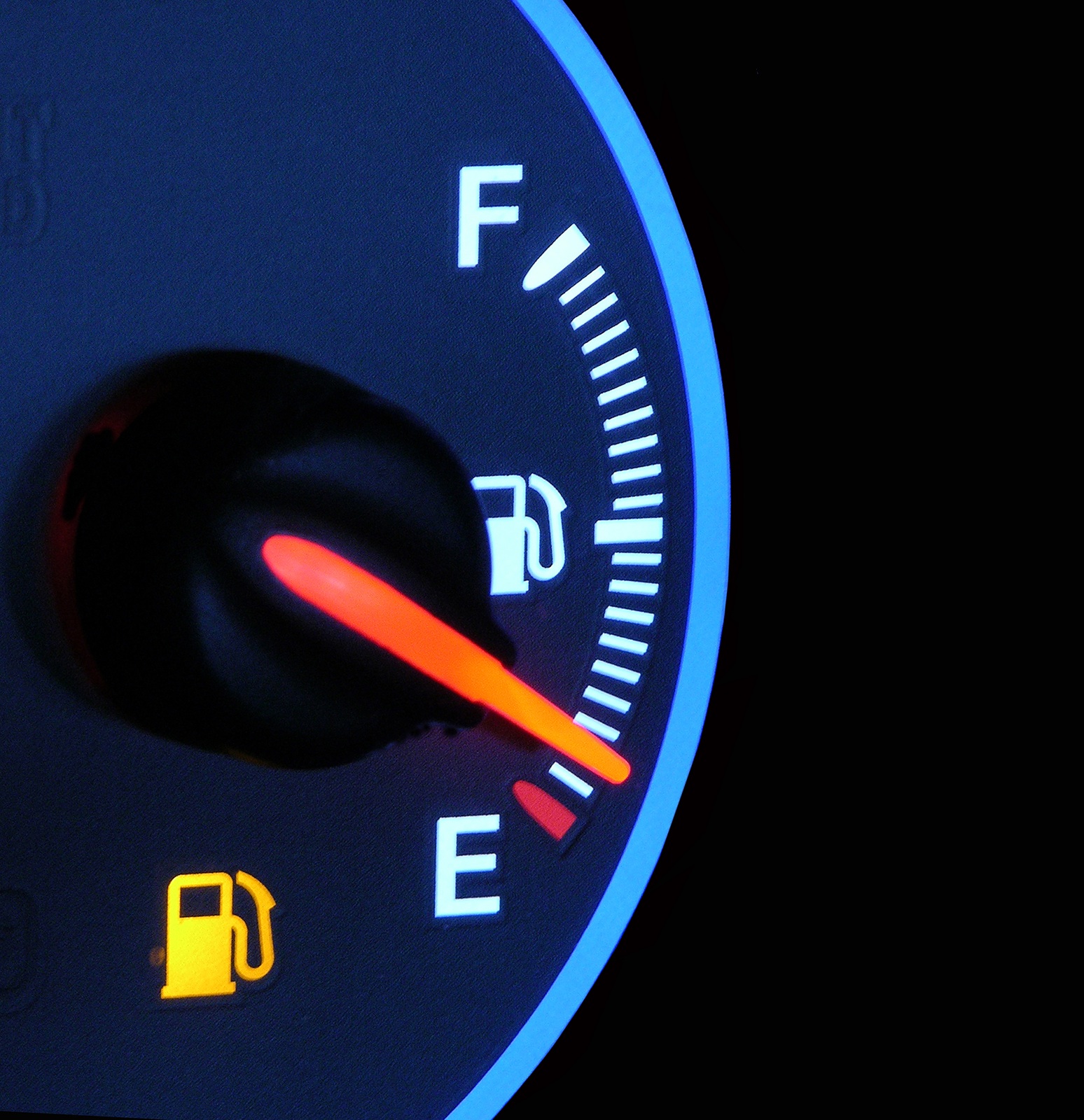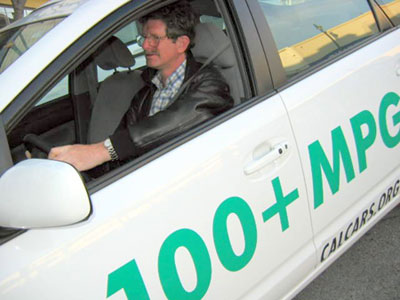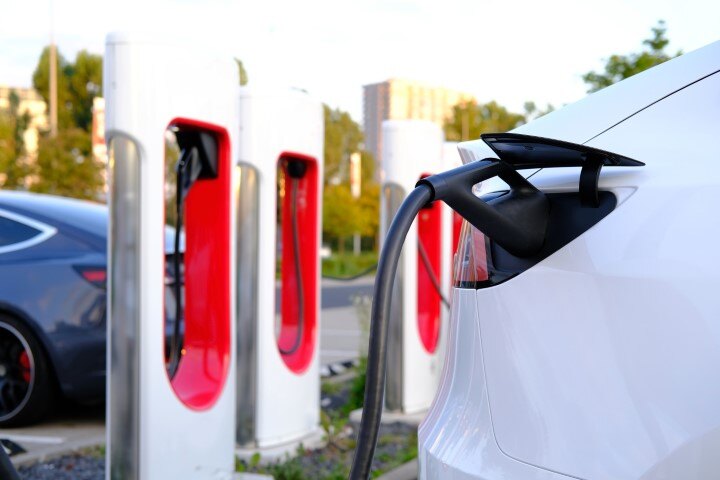The Elements of Better Gas Mileage
In the competitive automotive market, carmakers have to squeeze every last ounce out of their car designs to make them as efficient as possible. As...

Gas prices are up again, which means it’s time to revisit the conversation about how much it’s costing us as individuals to drive. Cars typically get less miles-per-gallon as they age. Here are a couple ways to calculate your current fuel economy.
1) To calculate how many miles per tank your car is getting, drive until your gas light comes on and fill it all the way up. Jot down the total mileage on your car’s odometer. While you’re at it, write down how much it cost to fill your tank.
2) When your gas light comes on again and you’re almost out of fuel, take note of the mileage again. Simply finding the difference between your last odometer reading and the new one will tell you how many miles you’re getting per tank. The math is easy and will help you understand how far your monthly gas budget is getting you. It should look like this:
(New Mileage) – (Old Mileage) = *Total Miles Per Tank
*Total Miles Per Tank can also be easily calculated by pushing the trip odometer button near your odometer in the dash each time you fill up. You may have to hold down the button for a couple of seconds for it reset to zero.
To find out how many miles per gallon you’re getting, you could divide your MPT from above by the total number of gallons in your tank. For a more official understanding of the number of gallons your car holds, check out your owner’s manual, which usually includes an exact figure. If you’re like my sister-in-law, you never let your tank dip below half-empty (she’s scared to death of running out of fuel on the highway) so you haven’t calculated your MPT in this way. If this is you, try this:
1) To calculate your miles per gallon, start by writing down the exact number of gallons you pump into your tank next time you fill up. You need not start with an empty tank here, but if your gas gauge is closer to E, you might find your MPG is a little more accurate later on. Once again, take note of your car’s mileage or reset your trip odometer.
2) When you fill up again, find the difference in mileage (as described above) and divide by the number of gallons you put in the tank. Again, be sure to use the most exact numbers possible (including decimal points) to get an accurate calculation. It should look like this:
(Miles Driven) / (Gallons Consumed) = Miles Per Gallon
Many people simply rely on the mileage readout on their dash in order to assess their vehicle's MPG. But that's really intended to be more of a comparative guideline on how you're driving currently, rather than an exact reference figure. This is especially true when you're running on ethanol gas. The computer calculates mileage by counting the number of fuel injection pulses relative to the distance travelled that it's detecting. But this assumes the computer knows for sure how much energy is in the fuel. If there's more or less ethanol than the computer anticipates, the figures are going to be off.
Don’t be surprised if your vehicle is getting less mileage per gallon than you saw on the sticker at the dealership. Especially now that gasoline is mixed with ethanol. Ethanol has only 75% of the energy than gasoline, so the higher the concentration of ethanol in your gasoline, the lower your mileage will be. If you're finding that your gas mileage isn't measuring up to what's expected, you could try a quality fuel additive like Mix-I-Go or Ethanol Defense which can help to restore some of that mileage.

In the competitive automotive market, carmakers have to squeeze every last ounce out of their car designs to make them as efficient as possible. As...

Rising gas prices have created a small but diehard group of people who called themselves the "hypermilers". They like to stretch the limits of how...
.jpg)
One thing not helping hybrid sales is consumer uncertainty about just how much gas mileage they are actually getting. When considering a hybrid,...